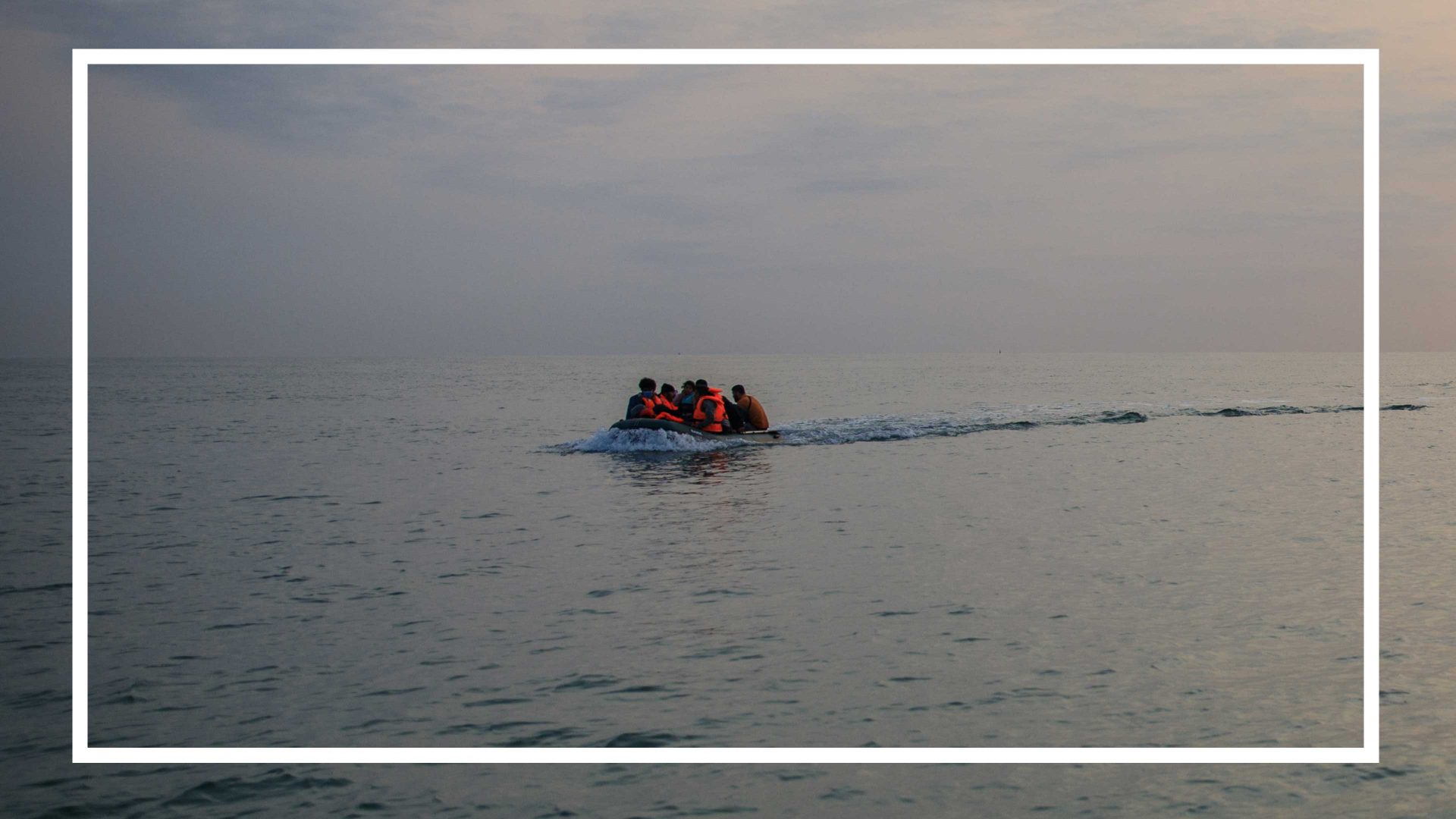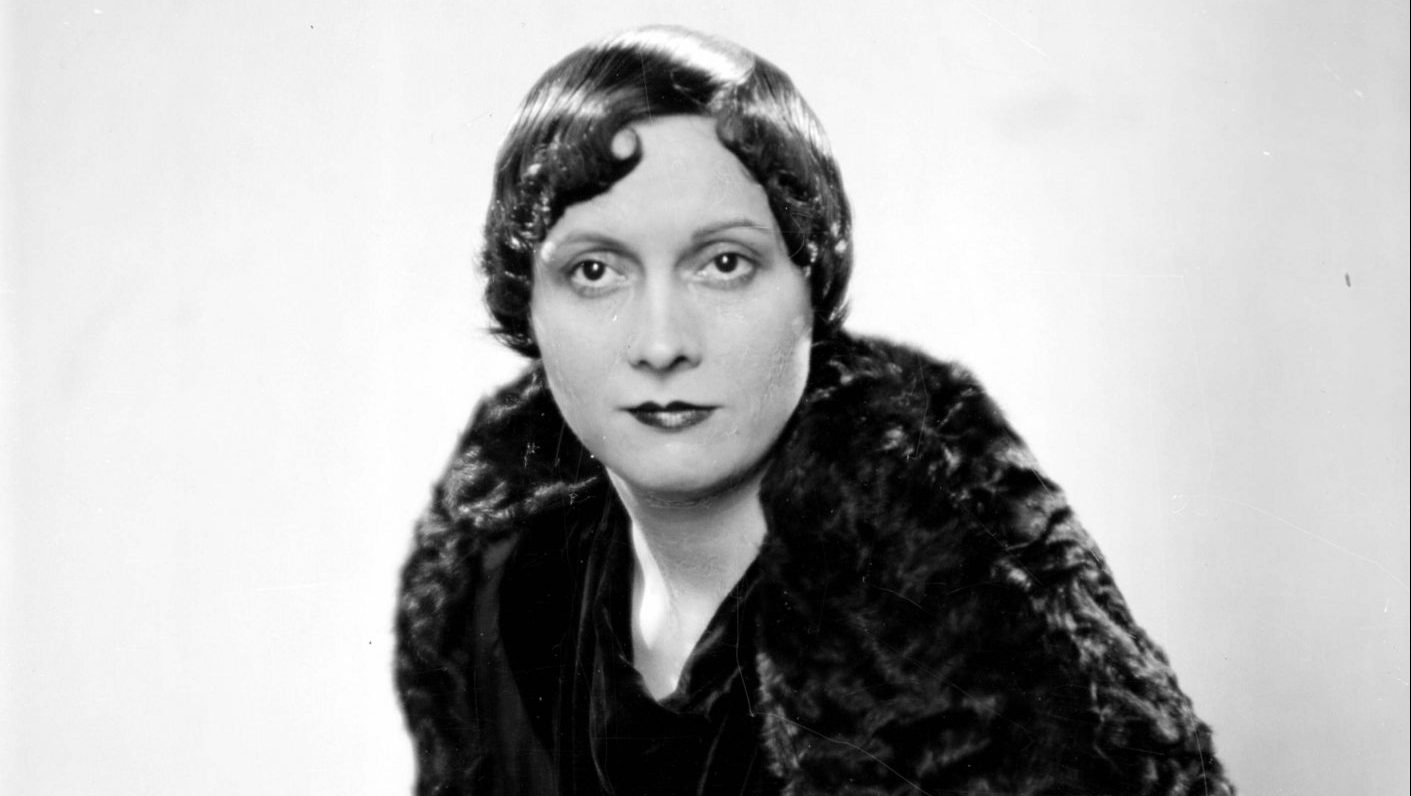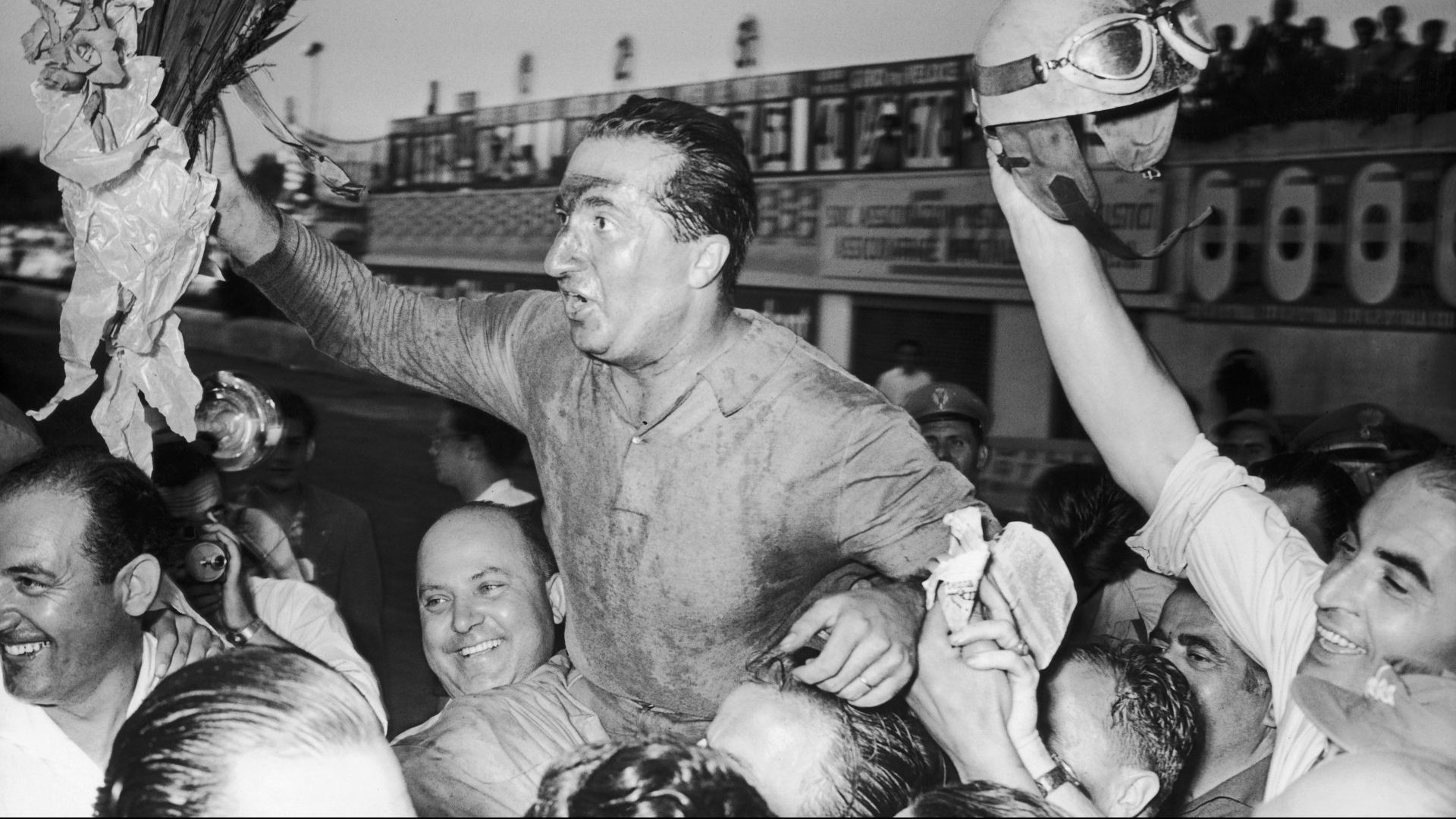Large numbers of people are crossing the Channel. They are mostly sailing in boats which are said not to be particularly big nor entirely safe.
It is reported that many of the passengers – men, women and children – look sufficiently distressed that we can suppose that they might perhaps be refugees in search of a safer and better life on the other side of the Channel, although – given that many of them are also young men – we can guess that their journey may well also, or instead, have some economic or even military goal.
In any case, these “boat people” are certainly part of a large-scale cross-Channel exodus which, people say, has now been going on, albeit gradually, for very many years.
It is important to note, however, that the people in the particular small boats I am describing here are travelling from north to south, from the island of Britannia across the water to the province of Gaul on the European mainland. They all apparently speak the same language, which local people recognise as being the same Brittonic language which is spoken across nearly all of Britain.
And they are sailing from Dorset, Devon and Cornwall in what is now south-west England to Normandy and Brittany in Gaul, taking their Brittonic Celtic language with them.
It is clear, too, that some of them at least are running away; and that the people they are escaping from are (if I may speak for myself) us – the English, the Anglo-Saxons.
But there is also some rather strong evidence that some of these Britons are being harried by Gaelic-speaking raiders and invaders from Ireland, which seems very possible, given that the two islands are no more than 50 miles apart. It may be the Irish that some of the Britons are fleeing from.
We later learn that, having arrived in Armorica – the region of Ancient Gaul lying between the River Seine and the River Loire which includes the Brittany peninsula – these British immigrants settled down there and gave two of the areas which they founded the names of Cornouaille (Cornwall) and Domnonea (Devon), in memory of areas of the British island homeland which they had left behind. Interestingly, they continued to refer to themselves, and to be referred to, as Britons or Bretons.
The particular scenario I am imagining here was real enough when it took place, which was mainly between 350AD and 600AD – although the precise details as to what really happened are, of course, quite sketchy. But nearly 2,000 years later, in the 21st century, we at least are very secure in the knowledge, on the basis of linguistic evidence alone, that the origins of the Breton language itself do lie on the island of Britain.
For example, the Breton numerals unan, daou, tri, peder, pemp bear an obvious and very close relationship to the numerals of the indigenous British languages Cornish – onan, dew, tri, peswar, pump – and Welsh – un, dau, tri, pedwar, pump.
Breton and Cornish were probably always quite mutually intelligible. And indeed, it makes sense to say that Cornish and Breton were essentially the same language, at least until the time of the Norman Conquest of England in 1066.
La Manche
The Channel is known in French as la Manche, “the sleeve” – probably because of its shape, though this has been disputed. In the indigenous languages which are spoken on either side of the waterway, Cornish and Breton, it is called respectively Mor Bretannek and Mor Breizh, “the British Sea”.




